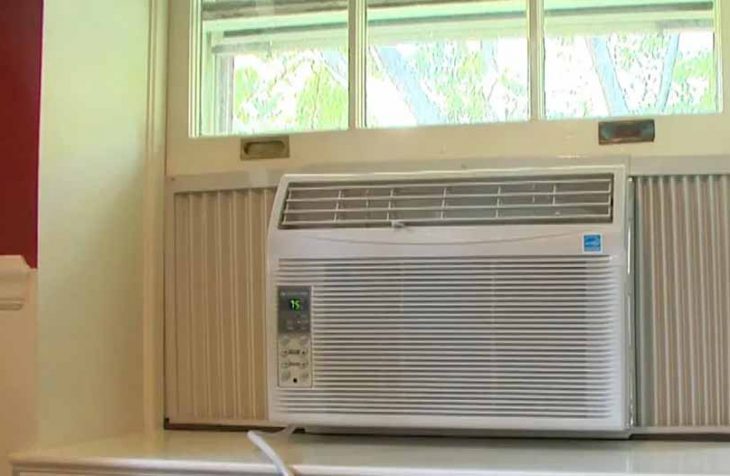How To Seal A Window Air Conditioner For The Winter
If not winterized, your air conditioner can be a great source of discomfort come wintertime. This is because the spaces between the air conditioner and the wall can let in cool air, which can beat the purpose of using the air conditioner to heat your house. Not to forget that the cold air may damage the wall once it condenses.
For these reasons, you should insulate and seal your window air conditioner to make them airtight. Winterizing window air conditioners is necessary as there may be a space between the window and the air conditioner. And seeing as windows are already a significant heat loss source, not sealing the window AC may lead to an even colder winter.
Is It OK To Leave Air Conditioner In Window During Winter?
Yes. But if you live in a place with an extremely harsh winter, you may want to buy a cover for your air conditioner. This will prevent any cold air drafts from entering your house. It will also save you in terms of energy consumption should you need to heat your home.
The best way to insulate window air conditioners is by using foam sealing strips to close off the crack between the window and the air conditioner. Then you can cover the foam with a cover spread to prevent heat from escaping. You can also use a cover spread on the face of the air conditioner to prevent heat from escaping through the air conditioner.
Clean your air conditioner thoroughly before you cover it. This will prevent the particles in the air conditioner, and the warm air from growing mold and mildew. You should also use an air conditioner weather seal or plastic to cover the exterior of the AC to prevent heat loss and cold air entering the house through it.
Remember to turn off the air conditioner as it may turn on its own during a warm day, which will cause the air in the air conditioner to freeze once temperatures drop. This may end up damaging your HVAC system.
Maintain your air conditioner severally during the winter season to ensure it is not getting damaged by the cold weather. Inspect the cover and seal created around it and reseal if necessary. Remove any debris and clean the air conditioner on the exterior. If the weather takes a turn for the worse, then increase the insulation covers on both the interior and exterior of the air conditioner. s
